Even Beginners Can Create a Sustainable Food Source with a Home Preparedness Garden
With some concerned over food scarcity and others just needing something constructive to do, North Texas residents are turning to gardening. Nicholas Burtner, founder and director of Plano-based School of Permaculture, has noticed an uptick in people visiting his website to find information on starting a preparedness garden.
“It’s cool now to grow,” he said. “It’s unique. A surge of people have been on our website right now.”
Is this a resurgence of the victory gardens popularized during World War I and World War II when civilians grew crops to help conserve food? Nicholas thinks that could be the case, but cautions against using any chemicals on gardens that were used during those eras.
Although spring technically arrived on March 19, you’ve still got the rest of April to start the backyard vegetable garden you have always wanted. But if you are a novice gardener, how do you know where to begin – just dig a hole in this black clay dirt we have and hope something sprouts?
It involves a bit more than that if you want to be completely successful for years with your garden, but Nicholas said this can be achieved easily with some crucial steps.
“The supermarket didn’t exist until around 1916, and not until the 1930s was it what we know today,” he added. “Every family had a garden until then. You can do this. Don’t be scared.”
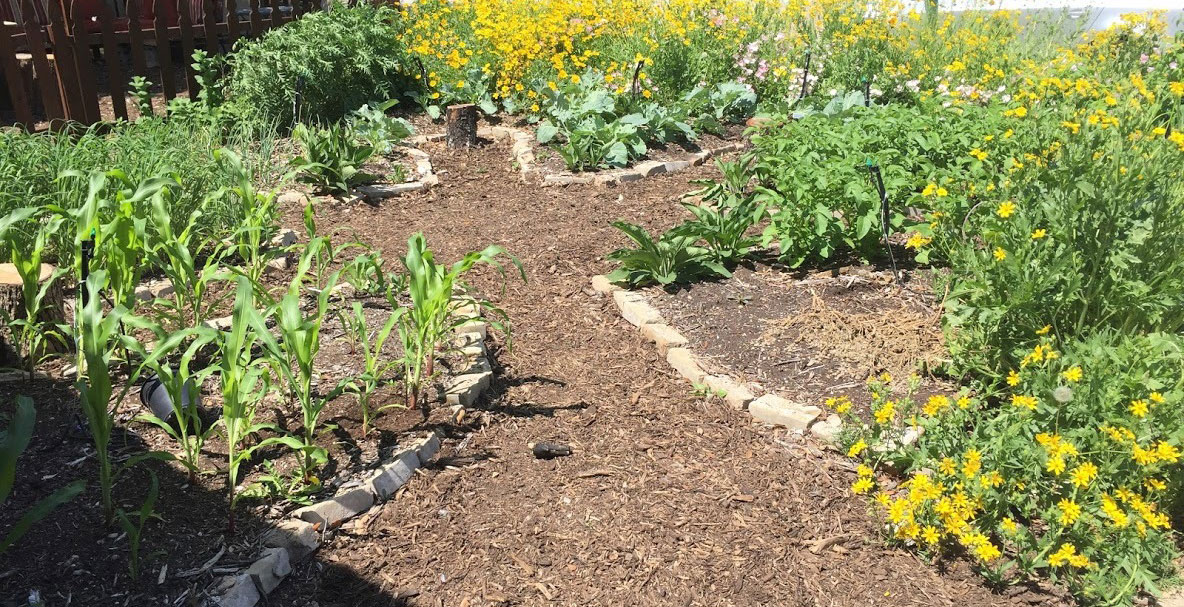
Where Do I Begin?
A successful backyard preparedness garden should provide a source of food for a long time. Nicholas suggests the garden should start in the ground from seed, can be started without any prior gardening experience, and is easy to grow and maintain.
Three major components Nicholas emphasizes are compost, worm castings – or excrements – and a surrounding native wildflower garden. This endeavor should not cost a fortune, but will require some set-up.
To begin, Nicholas recommends the following:
1. Composting: You will need 12-17 inches depth of compost on top of our soil. Texas Pure Products, which composts yard debris from residents’ clippings, sells compost for $5 per 1-cubic-foot bag. For those with a truck, you can buy a larger amount for $32 per cubic yard, or $40 per cubic yard of a finer sift compost. He suggests this amount for a 4’ x 8’ garden bed. The compost is an organic matter that absorbs the water and holds it, unlike our local soil.
“Organic compost creates an apartment complex for microorganisms to help balance the soil,” he continued. The Texas Pure Products location at 9901 Custer Road allows residents to drive up to purchase, and they will load it into your car for a contactless transaction. The Plano location is open 8 a.m.–4:30 p.m. Monday through Saturday. Residents can also schedule home delivery through the website with a minimum order.
2. Worm Castings: You will also need worm castings, or excrements, which can be purchased, unless you wish to start your own worm farm. This provides the needed natural fertilization for the garden. A local company in Dallas, Texas Worm Ranch, sells these products online.
3. Wildflowers: You should create a native wildflower garden surrounding your vegetable garden to bring in beneficial insects such as wasps and lady bugs to eliminate the pests that may want to infest the vegetables. Texas wildflower seeds can be obtained online at Native American Seeds. Wells Brothers Pet, Lawn and Garden Supply in Plano also carries native wildflower seeds, as well as other gardening supplies mentioned in this article.
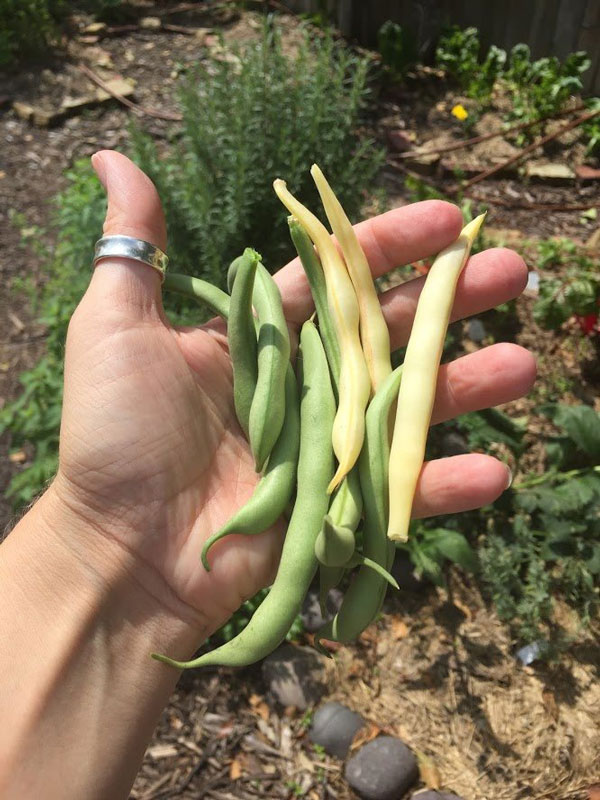
What Do I Plant?
Nicholas categorizes vegetable garden plants into two groups.
1. The first group is composed of crops that will be ready for consumption 30-60 days after planting. These include, but again are not limited to, tomatoes, beets, radishes, turnips, okra and all types of greens, especially lettuces and spinach.
2. The second group, long-term crops, can be planted in spring, then harvested and stored to be eaten during the winter while crops are not actively growing. This helps provide a food source year-round. These include, but are not limited to, beans, corn, potatoes, sweet potatoes, and garlic (garlic should be planted in the fall only).
Nicholas suggests purchasing vegetable seeds online from Brim Seed Company, a business north of Waco that processes seeds suitable for the Plano soil in the Blackland Prairie. “Don’t buy hybrid seeds. Buy open-pollinated seeds that you can replant,” Nicholas added. “All of the crops I mentioned can be grown in full sun, even though some partial shade in July and August can be helpful.”
How Much Should I Water?
Novice gardeners may not know how much to water their vegetables. Nicholas suggests watering enough so that when you pick up the soil, you can shape a ball out of it. Watering early in the day allows the soil to dry, reducing the chance of plants getting a fungus or rotting overnight. Nicholas said the adage of applying one to two inches of water per week – stay around two inches in the summer – is a good estimate. “Water heavily and deep so it gets into the sub-soil below the compost,” he advised. “Don’t sprinkle or water lightly.”
According to current watering guidelines from the City of Plano, residents are suggested to water only twice a week, with even-numbered addresses watering Monday and Thursday, and odd-numbered addresses watering Tuesday and Friday.
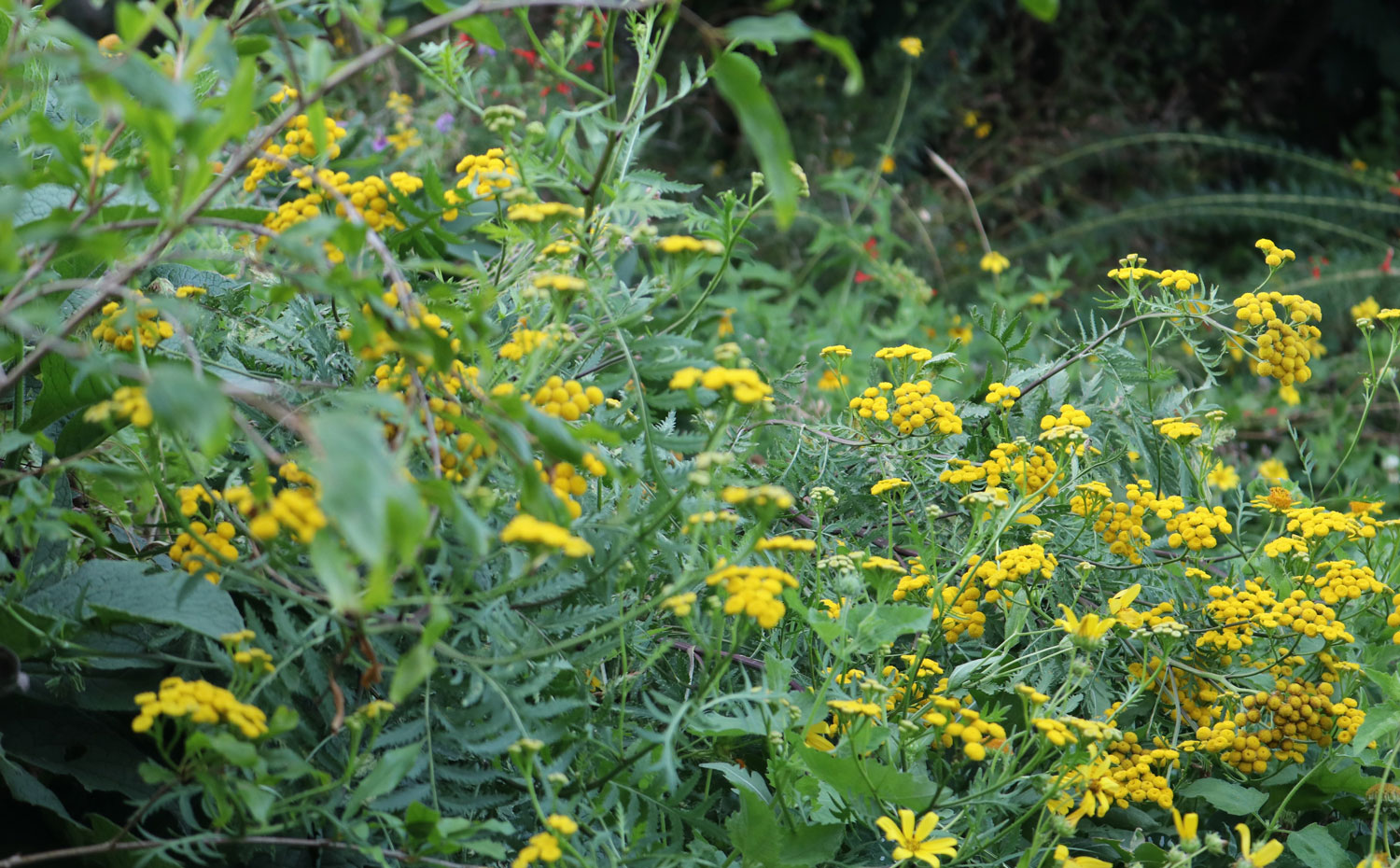
What About Hungry Pests?
The abundant rabbit population in Plano might be thought to be an issue for gardeners, but Nicholas said since few city residents raise gardens, the rabbits are not aware that the vegetables should be part of their diet.
“In Plano where there are few gardens,” Nicholas explained, “the bunnies are adapted to eating weeds and grasses, not the vegetables.”
The coronavirus pandemic has left many feeling helpless these days, but one way to take control back is to grow your own food. Want to know more? The School of Permaculture provides many educational opportunities, including online courses and Facebook conversations, especially helpful during these homebound times.
School of Permaculture > Easy-to-follow Growing Guide for Plano > Contact Nicholas with Questions >
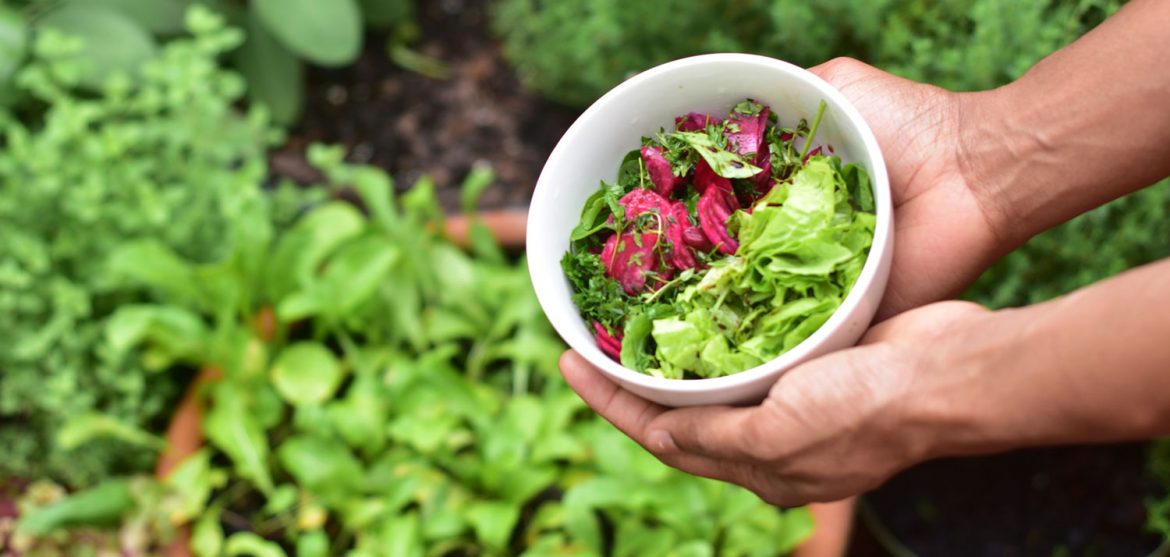
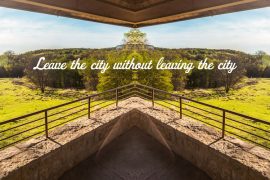

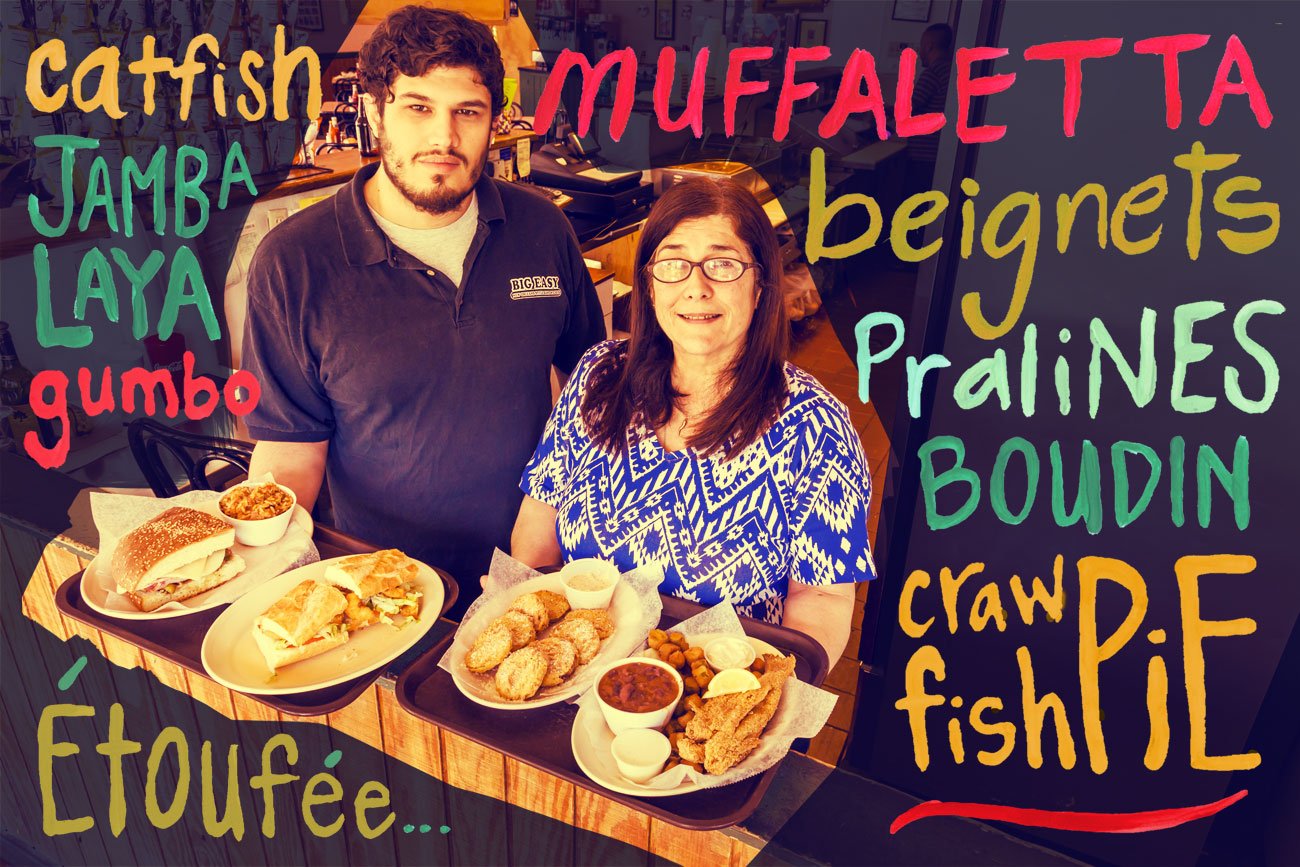
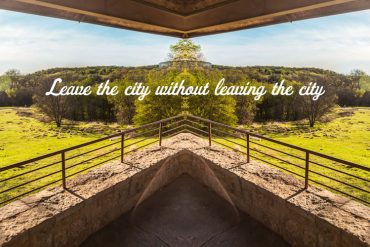
Hi Rick! It is a very beneficial blog for beginners who want to start gardening. You have shared remarkable points about vegetable gardens. Thanks for sharing such types of blogs. Keep posting!